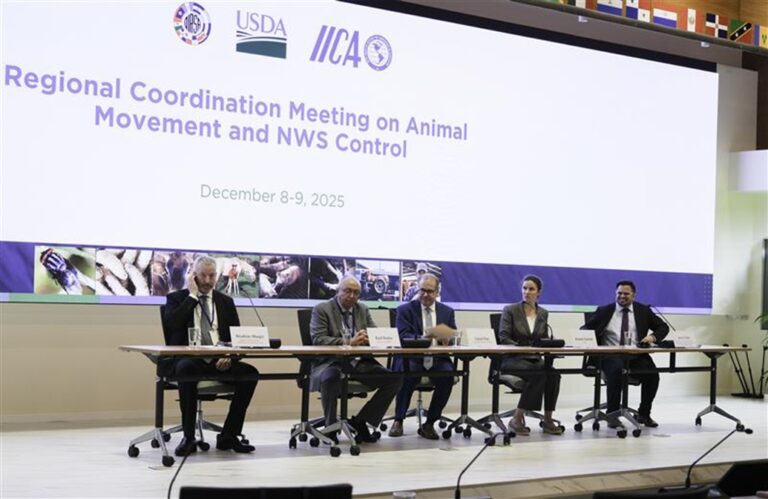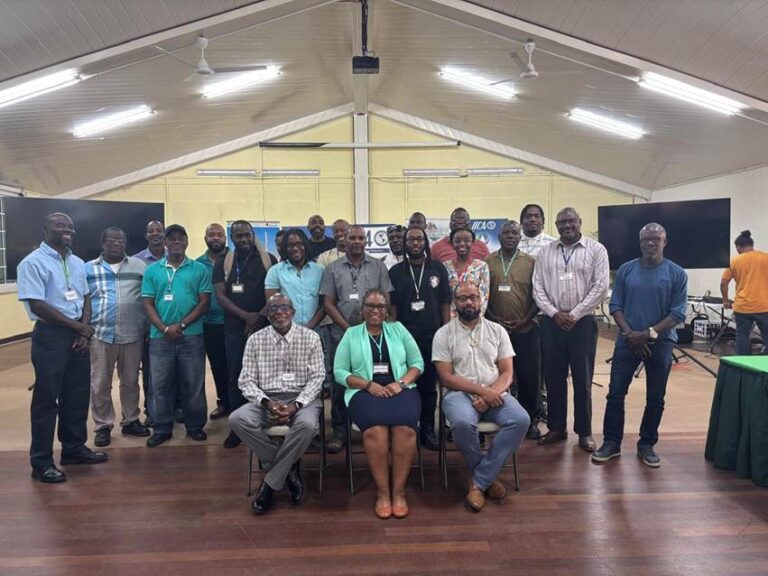With IICA’s support, representatives of the country’s public institutions aim to devise joint projects designed to promote the development of rural territories.
San Jose, Costa Rica, September 16, 2014 (IICA). Costa Rica’s Ministry for National Planning and Economic Policy (MIDEPLAN), with support from the Inter-American Institute for Cooperation on Agriculture (IICA), has sets itself the objectives of improving the capacity of public institutions for coordinated work, and promoting projects designed to strengthen rural area-based development.

Officials from MIDEPLAN and public institutions linked to the agricultural, rural development, labor, culture and environment sectors, as well as the Office of the President and the ministries of foreign and economic affairs, met with specialists from IICA’s Office in Costa Rica to discuss and share methodologies and experiences aimed at integrating the actions of different sectors in rural territories.
“Our objectives are well defined but we need to be clear about how to carry out the high-impact actions that these territories require,” Luis Fallas, the Deputy Minister of MIDEPLAN, observed.
Miguel Ángel Arvelo, the IICA Representative in Costa Rica, agreed with him, underscoring the need for high-impact projects at the country level to facilitate the integration of the programs of different sectors.
“Rural development will be facilitated by integrating projects and should be carried out as part of an overarching project that guides the efforts of the different sectors. We are not talking only about improving the economic situation, but also about promoting social, environmental, cultural and political development,” he added.
Arvelo explained that IICA was assisting MIDEPLAN with its efforts to create mechanisms for work involving interinstitutional and sectoral interaction, integrating the institutional supply with the needs of the actors in different territories.
During the meeting, the participants presented conceptual and methodological elements that can be used to facilitate intersectoral work, as well as Brazil’s experience with the implementation of intersectoral projects. The latter presentation was given by Humberto Oliveira, Brazil’s former Secretary for Area-based Development, now an IICA consultant.
“Enhancing the efforts to address regional needs calls for intersectoral projects designed to create more job opportunities, improve the production infrastructure and reduce poverty levels,” commented Patricia Vargas, an IICA specialist in rural are a-based development.
For further information, contact:
miguel.arvelo@iica.int











